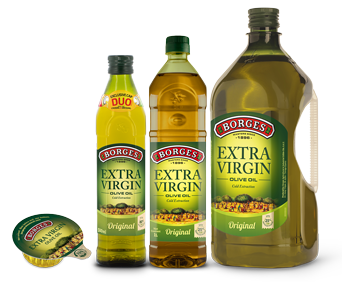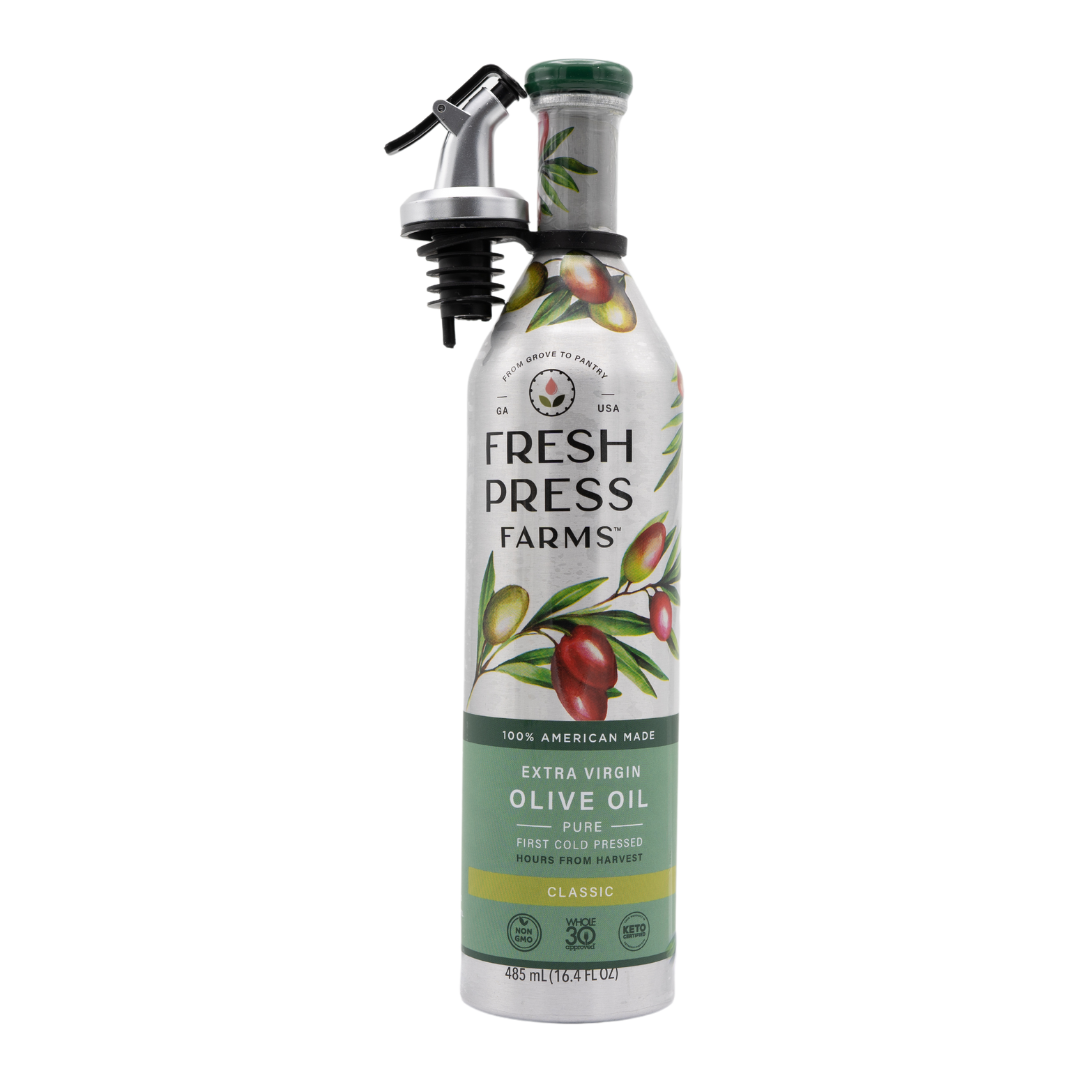The Best Extra Virgin Olive Oil Benefits for Fighting Chronic Diseases
Discovering the Various Kinds of Olive Oil and Their Uses, Including Bonus Virgin Olive Oil
The exploration of olive oil includes a diverse range of types, each offering culinary applications and distinct flavors. Additional virgin olive oil, renowned for its premium high quality and wellness benefits, serves as a staple in lots of kitchens, yet it is only one element of this diverse active ingredient.
What Is Olive Oil?
Obtained from the fruit of the olive tree, olive oil is a staple in Mediterranean food and a crucial ingredient in different culinary applications. This versatile oil is generated by pressing entire olives, resulting in a liquid that differs in taste, scent, and color relying on the sort of olives made use of, the region of farming, and the extraction procedure. Olive oil is predominantly made up of monounsaturated fats, specifically oleic acid, which is recognized for its prospective health and wellness benefits, including anti-inflammatory homes and cardio support.
In enhancement to its culinary uses, olive oil has a lengthy history of application in conventional medicine and skin care, owing to its abundant antioxidant material (extra virgin olive oil benefits). The oil is often made use of in dressings, marinades, and for cooking approaches such as sautéing and roasting. Its distinct taste profile can enhance the preference of various dishes, making it a crucial ingredient for both home cooks and expert chefs
In addition, olive oil is celebrated for its function in the Mediterranean diet, which is linked with countless health and wellness advantages. As recognition of these advantages grows, olive oil continues to get popularity worldwide as an essential part of a healthy and balanced way of life.
Sorts Of Olive Oil
Understanding the different kinds of olive oil is essential for both health-conscious consumers and cooking fanatics. Olive oil is categorized primarily based upon its extraction technique and high quality, which considerably impacts its taste, fragrance, and health advantages.

Light olive oil, despite its name, describes a lighter taste and not lower calories. It is optimal for those looking for a much more subtle preference in marinates and dressings. In addition, there are flavorful olive oils instilled with natural herbs, flavors, or citrus, which can improve recipes without the demand for extra seasoning.
Each type of olive oil serves particular culinary purposes, and recognizing these distinctions allows customers to make educated choices that straighten with their food preparation designs and health objectives.
Extra Virgin Olive Oil
Bonus virgin olive oil (EVOO) is commonly considered the best quality olive oil offered, celebrated for its rich flavor and countless health and wellness benefits. To be categorized as extra virgin, the oil needs to be produced from fresh olives using mechanical processes, without the usage of solvents or too much warmth. This thorough method protects the oil's natural tastes, antioxidants, and healthy and balanced fats, leading to a product with a reduced level of acidity level of less than 0.8%.
EVOO is plentiful in monounsaturated fats, especially oleic acid, which is linked to lowered inflammation and enhanced heart wellness. It also consists of polyphenols, Website effective antioxidants that may offer protective impacts versus chronic conditions. The flavor account of EVOO can vary dramatically depending upon the olive variety and region of production, varying from fruity and verdant to robust and sharp.

Culinary Use Olive Oil

In cooking, olive oil can be used for sautéing, roasting, and barbecuing, offering a much healthier option to butter or various other fats. Its high smoke factor makes it suitable for numerous cooking methods, while its anti-oxidants contribute to a heart-healthy diet regimen. Drizzling olive oil over finished dishes, such as pasta, fish, or grilled veggies, can boost tastes and include a touch of sophistication.
Moreover, olive oil plays a considerable function in baking, where it can change conventional fats in dishes for bread and breads, passing on moisture and a refined taste. It also works as a base for instilled oils, permitting cooks to try out tastes such as garlic, natural herbs, or chili, better expanding its cooking capacity. Generally, olive oil's flexibility makes it important in both home why not look here and expert kitchens.
Picking Quality Olive Oil
When choosing top quality olive oil, it's important to consider several key variables that influence the product's flavor, fragrance, and wellness advantages. Choose for additional virgin olive oil (EVOO), which is derived from the initial cool pushing of olives and has the highest levels of anti-oxidants and valuable substances. Seek oils that are licensed by recognized companies, as this often ensures adherence to stringent top quality requirements.
The packaging also plays a substantial role in protecting the oil's stability. Pick oils kept in dark glass bottles or tins to safeguard versus light deterioration. Take notice of the harvest date; fresher oils offer superior taste and dietary value, so select items that are within 18 months of their harvest.
On top of that, think about the origin of the oil. Top notch olive oils typically come from details regions recognized for their unique taste profiles, such as Italian, Spanish, or Greek oils. Be mindful of the preference; a great high quality olive oil ought to have a balance of fruity, bitter, and peppery notes, indicating its splendor and intricacy. By examining these aspects, you can ensure you are selecting the very best olive oil for your culinary demands.
Verdict
In summary, the exploration of numerous kinds of olive oil reveals distinctive features and applications, with additional virgin olive oil representing the peak of high quality due to its reduced acidity and high antioxidant web content. Its adaptability in culinary usages improves flavors in dressings, marinates, and drizzles. Recognizing the different varieties of olive oil enables for informed selections in cooking approaches, promoting much healthier methods while enriching the general gastronomic experience. Quality selection stays essential for optimum benefits.
Acquired from the fruit of the olive tree, olive oil is a staple in Mediterranean cuisine and a crucial ingredient in various cooking applications.The most usual types of olive oil include fine-tuned olive oil, pure olive oil, and light olive oil.Bonus virgin olive oil (EVOO) is widely related to as the highest possible quality olive oil offered, renowned for its abundant taste and numerous health and wellness advantages. Decide for extra virgin olive oil (EVOO), which is derived from the very first chilly pushing of olives and has the highest levels of antioxidants and helpful substances.In recap, the exploration of various types of olive oil discloses unique qualities and applications, with additional virgin olive oil standing for the peak of top quality due to its reduced level of acidity and high antioxidant web content.